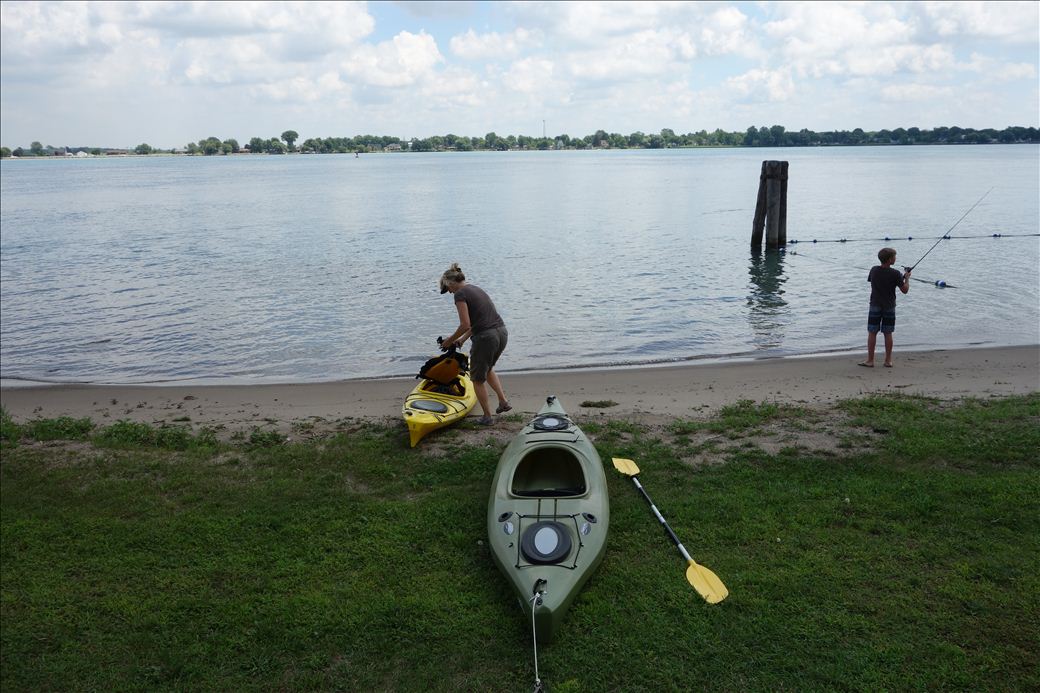 It is important to remember that most water bodies support a wide variety of recreational uses. People use these water resources to swim, fish, boat and paddle. It is also important to remember that while some shoreline is public land, much is owned by private citizens, many of whom believe the shoreline is an extension of their front yard. Whether it’s interacting with local residents or other river users, paddlers have a responsibility to be good ambassadors of the water trail.
It is important to remember that most water bodies support a wide variety of recreational uses. People use these water resources to swim, fish, boat and paddle. It is also important to remember that while some shoreline is public land, much is owned by private citizens, many of whom believe the shoreline is an extension of their front yard. Whether it’s interacting with local residents or other river users, paddlers have a responsibility to be good ambassadors of the water trail.
American Whitewater, a national nonprofit organization created to protect and preserve whitewater rivers, has developed the following common-sense set of guidelines for paddlers:
Interacting with Local Residents and Other River Access Users
- Drive courteously and within the speed limit. Good driving etiquette, particularly in residential areas, is essential for maintaining positive relationships with those that live near paddling destinations.
- Park in designated areas, making sure not to block driveways or interfere with traffic.
- Change clothes discretely.
- Do not play loud music.
- Follow the laws and rules of the area that you are using.
- Consider taking a few minutes to pick up litter left by others.
Interacting with Anglers
- Stay in the main flow whenever possible while paddling past anglers or while paddling in heavily fished waters.
- In areas that are being fished, paddle past consistently with minimal splashing or interference.
- Avoid shouting or being loud.
- Don’t approach casting anglers.
- Avoid startling anglers. Pass anglers on highly visible paths down the river and make eye contact with the angler as far upstream as possible.
Interacting with Boaters
- At put-ins and take-outs, behave in a friendly, positive manner toward others and be helpful to those who might need assistance.
- Allow for spacing upstream and downstream of others, particularly in a rapid, and seek to avoid collisions.
- When entering a rapid, the upstream craft has the right of way. Those entering the current should yield to those already in it.
- When exiting the current, avoid eddies that are full, if possible, and take care when entering occupied eddies.
- When playing, avoid blocking navigation by yielding to oncoming, upstream craft. Exit a play spot after a reasonable time to allow someone else to use it.
- Always provide assistance to others who are in trouble or who are injured.
